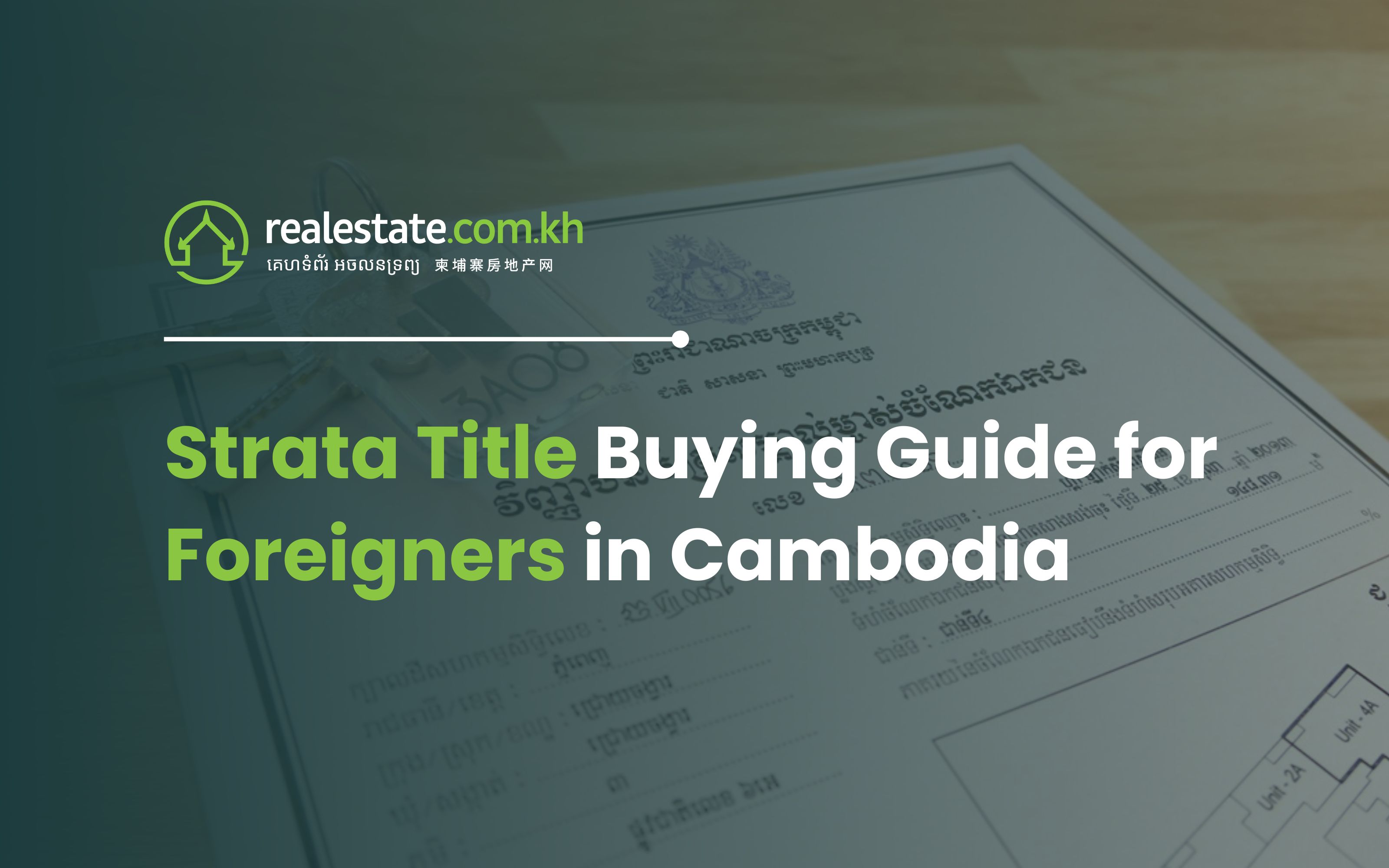
The perception of foreign nationals towards Cambodia often seems to have grown old like the ruins of Angkor. In fact, there is more to the country than temples...
There is an understanding among some international investors and businesses that the country is still underdeveloped and poorly regulated. This is a myth Dr. Simon Vancliff, Investment & Development Director of ING Holdings, the developer behind ING City, has debunked during the recent inaugural Cambodia Property Show organized by the leading real estate portals of Singapore and Cambodia, PropertyGuru and Realestate.com.kh.
Vancliff explains that this is far from the truth. In fact, there are large economic zones and developments coming to Cambodia, and this is increasing every year. In fact, just this year, Coca-Cola has decided to invest $100 million into the Phnom Penh Special Economic Zone in order for them to be able to build a plant and expand their distribution inside the country and region, as according to the Phnom Penh Post last April.
Large business entities have also established ties with the country such as Akira, Toyota, Samsung, ICBC, BMW and Suzuki, just to name a few. These companies, Vancliff says, recognize not only the inexpensive labor they are able to harness, but also the political stability of the land and its foreign-investment-friendly environment.
He also enumerates other reasons why investing in Cambodia is ideal. Other than political stability, Cambodia has an advantageous location in the region, favorable investment climate, largely dollarized economy, increasing trade integration, improving transport and connectivity, lower costs in telecoms and internet, untapped natural resources and land, underpenetrated and growing domestic consumer markets, an unleveraged financial position, stock exchange and a flexible financial market. Furthermore, since the population is in the bracket of the working-age population, the demographics are also well suited for investment.
Vancliff mentions that the Cambodian stock exchange will have around ten to twelve more companies joining soon and will continue to grow. He further strengthens his case by stating that Cambodia is now truly the “Pearl of Asia”, having a more centralized Governance system, and is raking in huge investments for infrastructural upgrades. As an evidence of this, more and more airlines are creating direct flights to Cambodia every year.
One of the Kingdom's traditional weaknesses for investors - electricity costs - are also predicted to go down as more and more clean and solar energy plants are on the way to creating better solutions for energy consumption and supply.
This will be especially true in Cambodia property areas like South Phnom Penh, says Vancliff, where the population is less dense and have more centralized amenities, such as water. Vancliff adds that there are also plans to install underground fiber optics and phone lines. New roads are also coming thick and fast, such as Hun Sen Boulevard, that will open in mid-2016. This will allow easier transport and access to resources that are once unavailable in the area.
As the Cambodia property market and infrastructures grow, Vancliff hopes that the worldview towards Cambodia encompass more than just about the Angkor temples. While its grand history has been preserved, Cambodia continues to push towards global economic competitiveness.





Comments